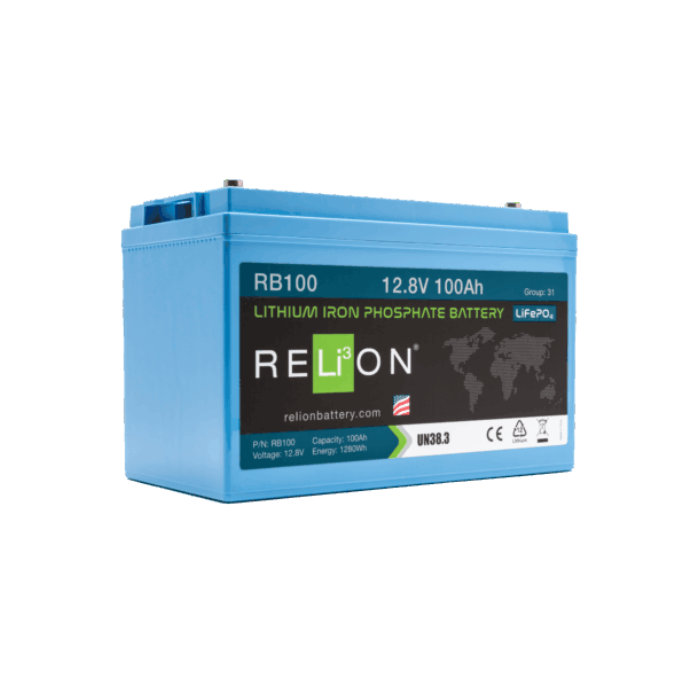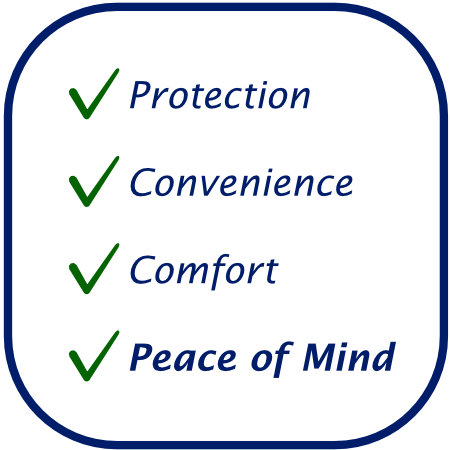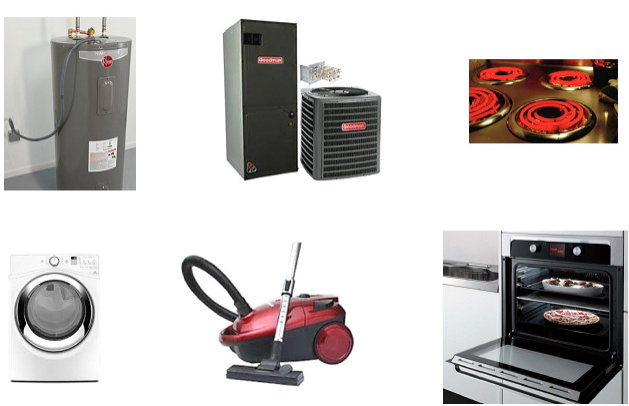Emergency Backup Power Systems for Homes and Business
Emergency Backup Power Systems for Homes and Business
What is an Emergency Backup Power System?
An EBPS is an independent source of electrical power that supports essential electrical loads on loss of normal power supply. It is installed to protect property and provide a moderate level of comfort and convenience during a power outage.
- An essential load is anything that is really important to YOU to keep running when your utility goes down.
Read: Essential Loads in a Nutshell
Common Types of Emergency Backup Power Systems
Portable Generators
- Least expensive option.
- Must be manually started and stopped, and refueled.
- Noisy and smelly.
- Need fuel on hand at all times—potential fire hazard.
- Low to moderate cycle life depending on the specific model/manufacturer.
- Requires regular maintenance.
- Without energy storage generator must run constantly for you to have power.
Automatic Generators
- More expensive than portable generators.
- Can start automatically even when you’re not home.
- Hooked to natural gas lines or large propane tank—no hauling of fuel.
- Quieter than portable units due to sound cases.
- Requires regular maintenance
- During a natural disaster, gas lines could be severed making generator inoperable.
- Without energy storage generator must run constantly for you to have power.
Energy Storage System – Batteries 
- Silent.
- Can be set to switch from grid power automatically.
- Upfront and long term costs vary greatly depending on the type of battery, amount of storage you need and your recharging source.
How Do You Want to Recharge Your Batteries?
Using Grid Power Only?
- Least expensive.
- Once you have used the available energy in your batteries then you have no power until the utility comes on, at which time your batteries will be recharged.
Generator?
- Grid keeps batteries topped off and ready for use.
- Don’t need to be as conservative because of recharging capabilities.
- Use generator to recharge in the event outage exceeds battery storage capacity.
- Best to select a generator that can start and stop automatically.
- Moderate investment plus ongoing fuel and maintenance costs.
Solar Panels?
- All the benefits of grid tie solar—reduced bills, net metering, clean, silent.
- During a daytime grid outage solar can cover some or all loads and potentially recharge batteries (depending on amount of sun), reducing battery cycling (wear and tear).
- If outage happens during inclement weather or night solar may not provide sufficient energy for battery recharging.
- Moderate investment but eligible for 26% federal tax credit.
Solar Panels Plus Automatic Generator?
- Best overall solution.
- All the benefits of grid tie solar—reduced bills, net metering, clean.
- During a daytime grid outage solar can cover some or all loads and potentially recharge batteries depending on the amount of sun), reducing battery cycling (wear and tear).
- If an outage happens during inclement weather or night your generator can be used to supplement solar charging.
- Don’t need to be as conservative because of recharging capabilities.
- Largest investment but solar is eligible for 26% federal tax credit.
How Much Energy Storage Do I Need?
To determine how much energy storage capacity you will need, it is important to have accurate power usage information about your essential loads. Below is a representative list of items you might consider essential during an outage. Just remember, the more items you need to power the more energy storage needed, which will cost you more money.
- Cell Phone Charging
- Clock radio
- Clothes Washer
- Coffee Maker
- Computer (desktop)
- Computer (laptop)
- Computer Printer
- CPAP Machine
- DVD player
- Garage Door Opener
- Home Security System
- Internet Router
- Lighting
- Microwave
- Refrigerator
- Septic Pump
- Toaster
- TV
- Water Pump(s)
In addition to your list of essential loads, you’ll need to know:
- How much power do they use?
- How much will you use them in an emergency?
- How long do you want to go before having to recharge your batteries (days of autonomy)?
Impractical Electric Load to Run on Batteries
What’s Next? Let FMS do the Rest!
System Design
- Calculate storage requirements.
- Site visit may be necessary.
- Match with your goals for an emergency backup power system.
Expert Guidance
- Equipment options and competitive pricing.
Detailed Proposal
- Answer ALL your questions so you can make the right decision for YOU.
- Superior craftsmanship.
- Exceptional warranty terms.
- Excellence in customer service and support, now and years from now.
How Much Does it Cost?
Without more information it is impossible to even ballpark the cost of an emergency backup power system. A small portable generator could cost you a few hundred dollars, plus the cost of connecting it to your house, a solar/automatic generator package could cost you $20,000-$50,000, or more, depending on your essential loads. So please call or email us so we can understand your goals and needs, and create a custom design and proposal especially for you.
Cost Vs. Value
Some people look at the cost of doing something vs. doing nothing as:
Doing costs $, Not doing cost 0.
Others know that while the cost of something certainly needs to be considered:
With an emergency backup power system, what you are really buying is:

Just a quick note – again, we are delighted with our system. The other day I was showing it off to a friend and I was puzzled as to why it had generated much less power that day. And it turned out that the power had been out all day and we hadn’t realized! (And it was out for just us and our immediate neighbors.)
Chris Burges, Camano Island WA

